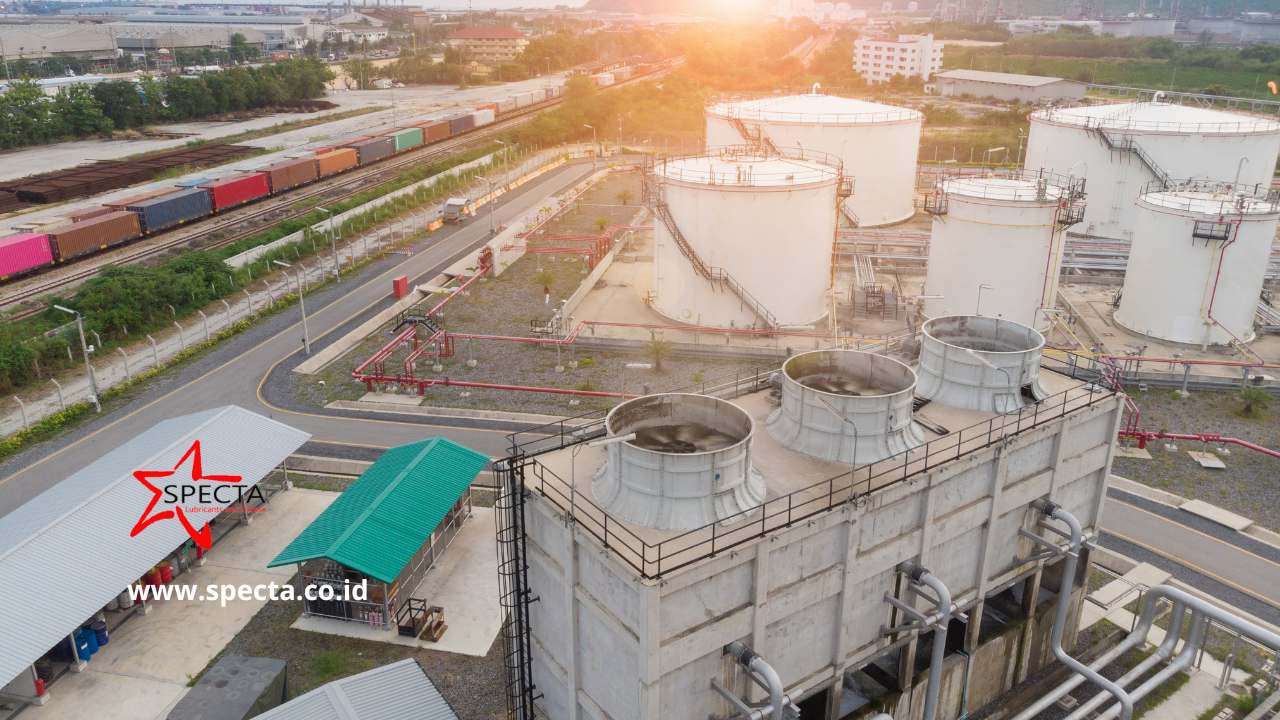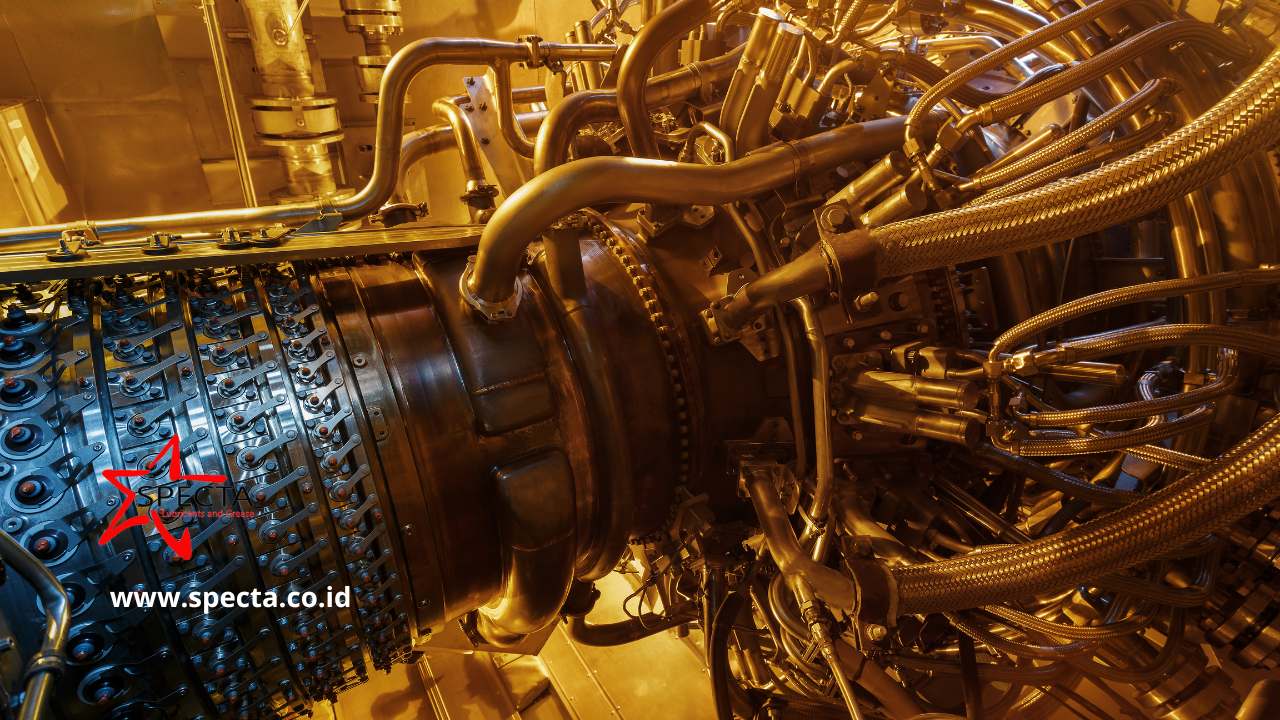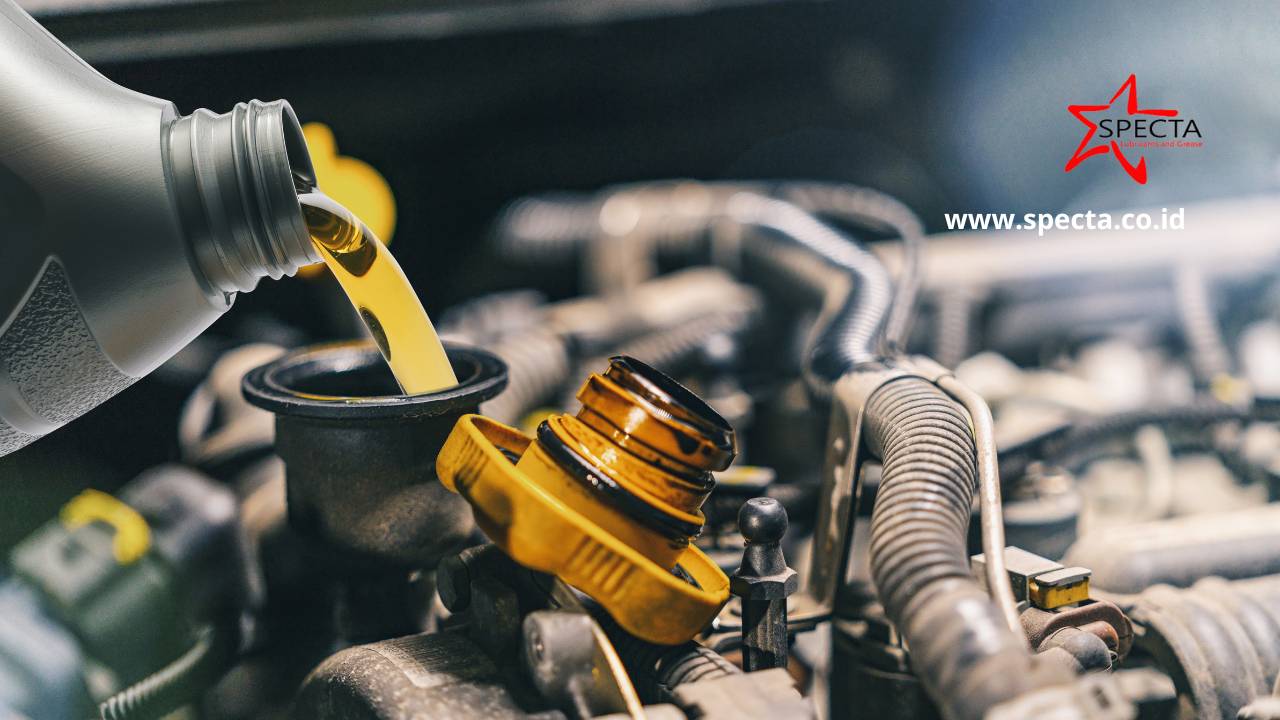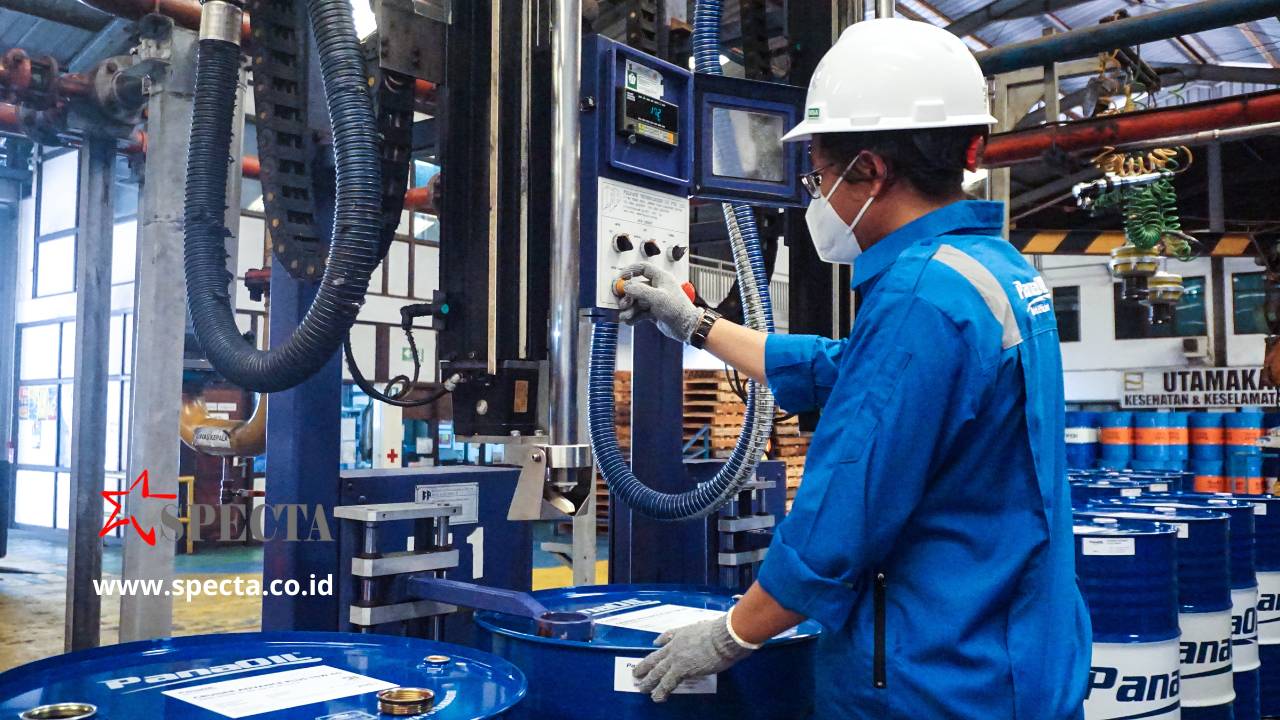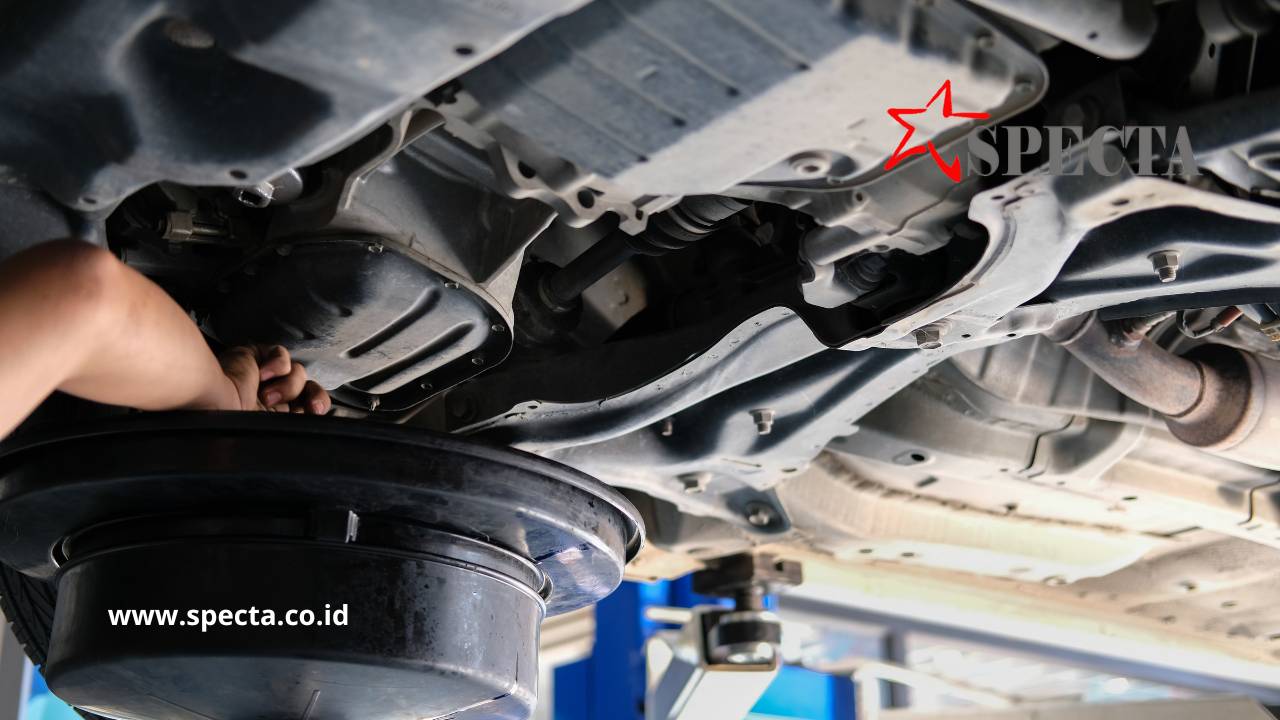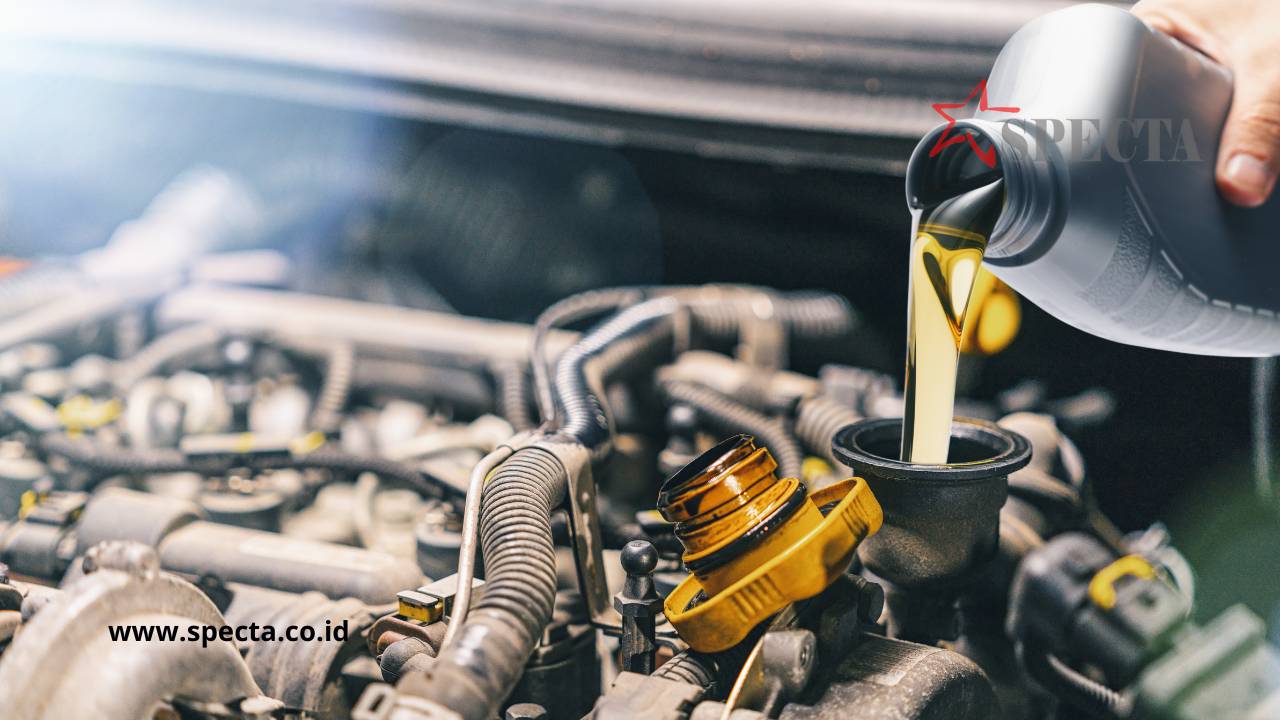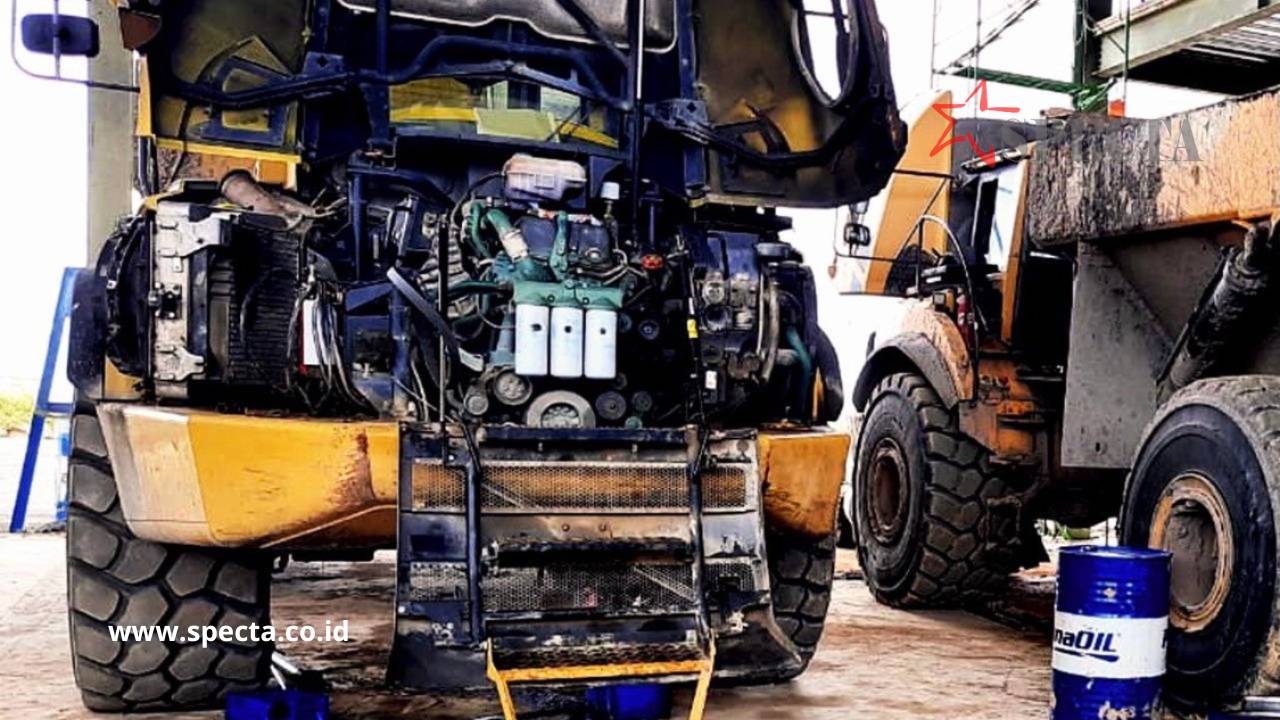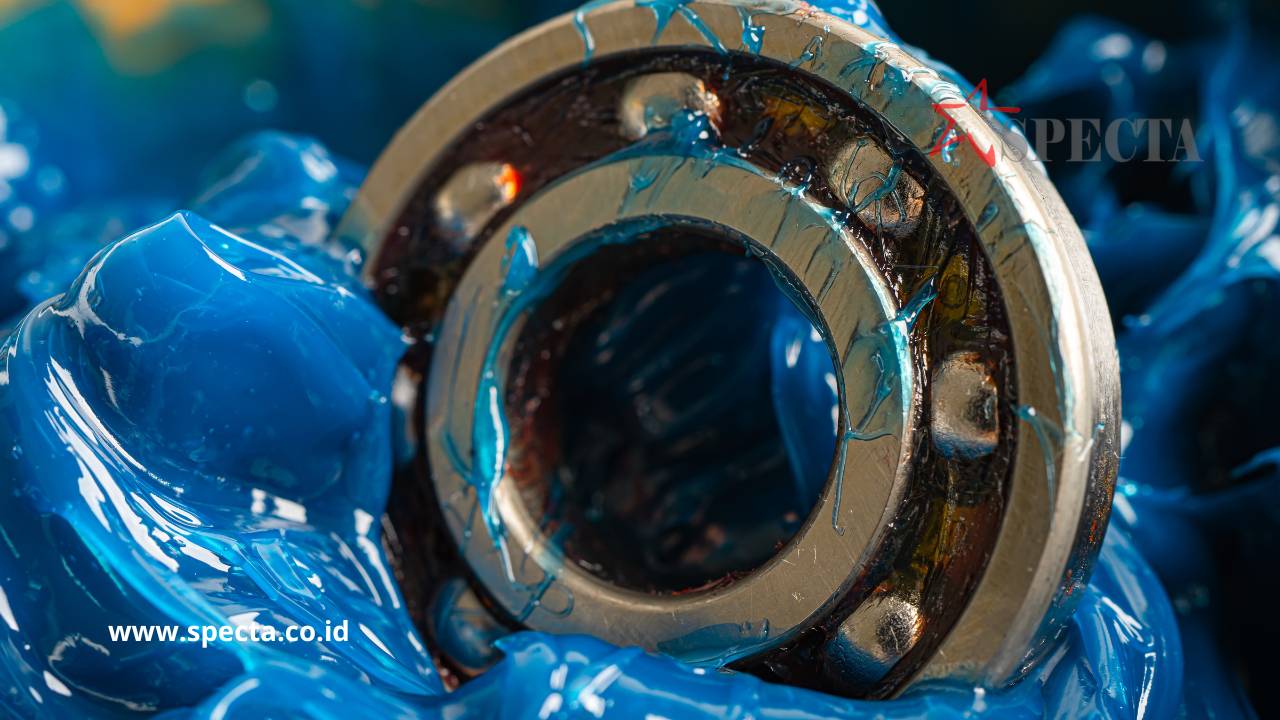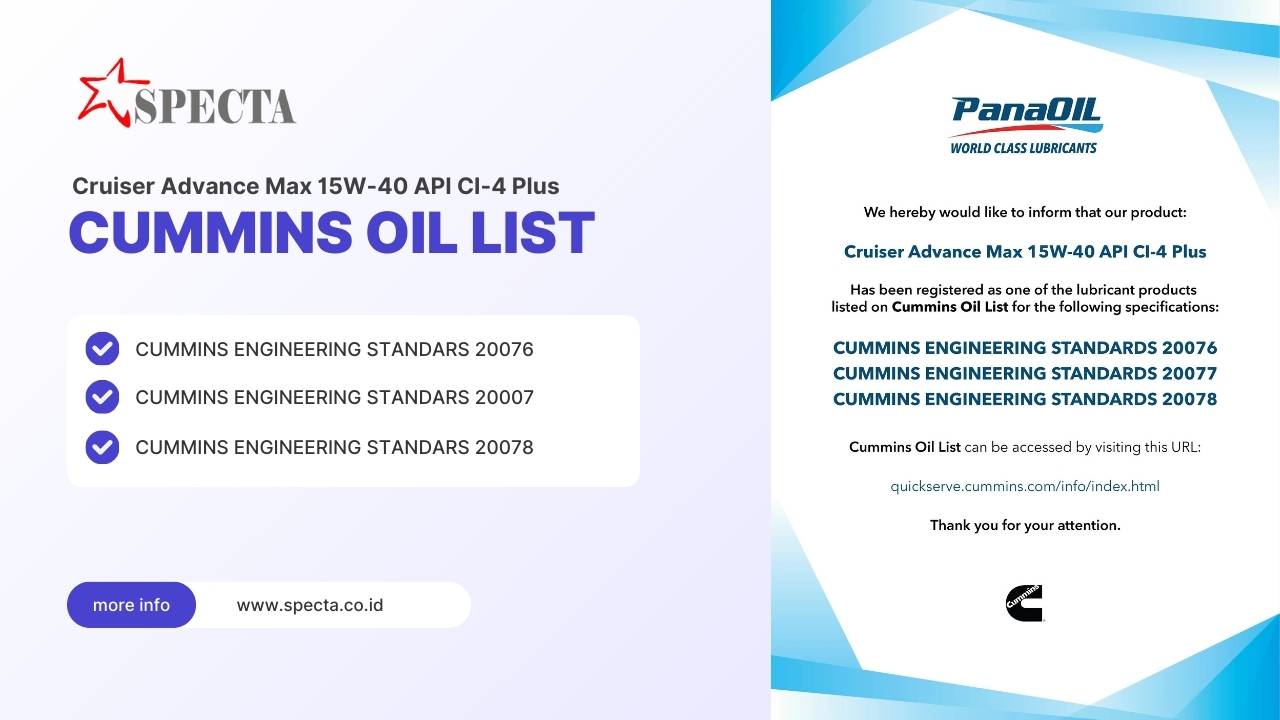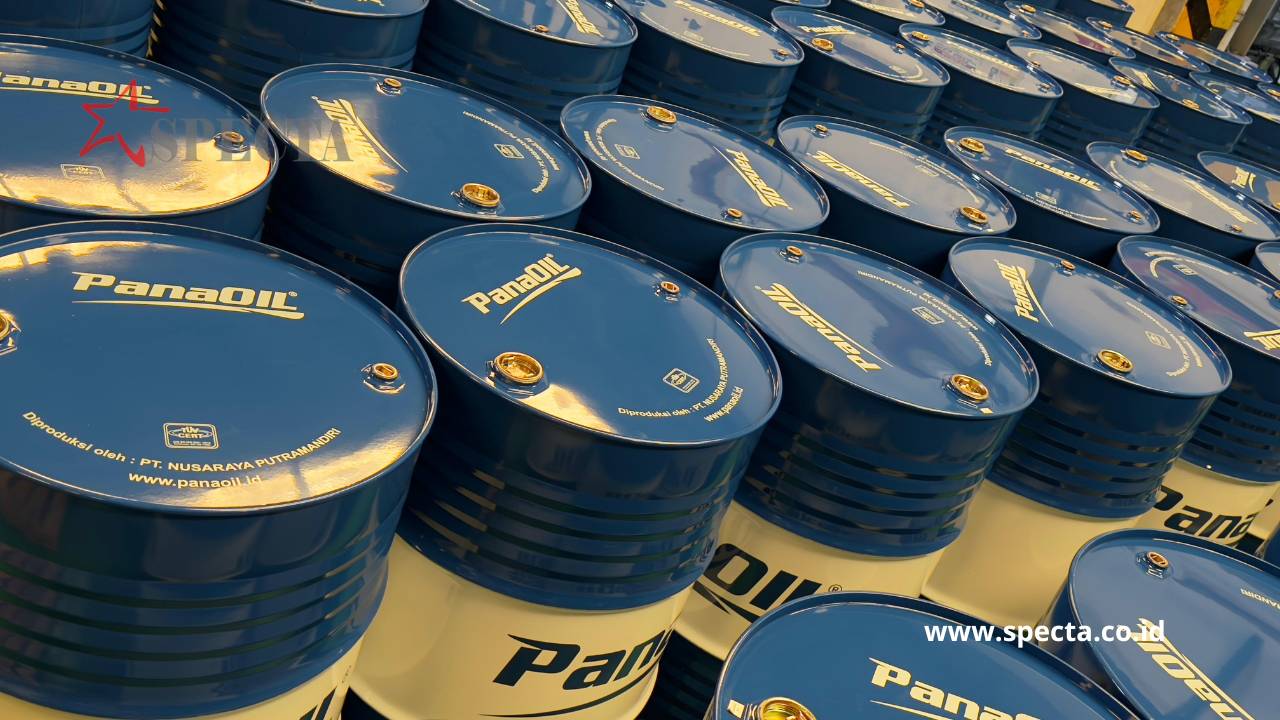1. Introduction to Grease, Panaoil, and Specta Lubricants
When it comes to maintaining industrial equipment and heavy-duty machinery, using the right lubricant is crucial for optimal performance. Lubricants such as grease, Panaoil, and Specta lubricants play an essential role in reducing friction, preventing wear, and enhancing the longevity of machinery components.
In this guide, we’ll explore the composition, types, and applications of these lubricants, focusing on how they function in various industries. Whether you’re dealing with automotive, manufacturing, or construction machinery, understanding lubricants can help ensure smooth operation and prevent breakdowns.
2. Understanding Grease: Key Components and Applications
Grease is a semi-solid lubricant widely used in various industries to reduce friction between moving parts. Unlike oils, grease stays in place longer, providing continuous lubrication, especially in extreme conditions like high pressure or temperature.
2.1 Base Oil in Grease
The base oil is the liquid component of grease, which can be either mineral oil or synthetic oil.
- Mineral oil is the most common type used in grease. It’s affordable and performs well in standard industrial applications.
- Synthetic oil offers superior stability and performance, especially in extreme temperatures. Synthetic-based grease is recommended for conditions where machinery is exposed to high or low temperatures.
Types of Base Oil in Grease:
- Polyalphaolefin (PAO)
- Esters
- Polyglycols
- Silicone oils
2.2 Thickeners in Grease
The thickener gives grease its consistency and ability to stay in place. Grease thickeners can be classified into soap-based and non-soap-based.
- Soap-based thickeners, such as lithium or calcium soaps, are the most common and provide good mechanical stability.
- Non-soap-based thickeners, like clay (bentonite) or polyurea, are ideal for high-temperature applications since they don’t melt.
Common Types of Grease Thickeners:
- Lithium Complex
Offers excellent performance at high temperatures and is widely used in automotive applications. - Calcium Complex
Known for water resistance and used in marine applications. - Polyurea
Stable at high temperatures, making it perfect for electric motors. - Bentonite Clay
Non-melting and ideal for extreme temperature environments like steel mills.
2.3 Additives in Grease
Additives enhance the performance of grease by giving it specific properties. Common additives include:
- Anti-wear agents: Reduce metal-to-metal contact.
- Antioxidants: Prevent the grease from breaking down over time.
- Corrosion inhibitors: Protect metal surfaces from rusting.
3. Panaoil Lubricants: Engineered for Heavy-Duty Applications
Panaoil lubricants are specially formulated for heavy-duty applications such as industrial machinery and diesel engines. These lubricants help maintain engine and transmission components by offering high viscosity stability, oxidation resistance, and protection against wear and tear.
3.1 Features of Panaoil Lubricants
- Viscosity Index Improver (VII): Panaoil lubricants include additives that maintain a consistent viscosity across a wide temperature range, making them suitable for both high and low-temperature conditions.
- Enhanced Detergent and Dispersant Properties: Panaoil lubricants prevent the buildup of deposits in engines, keeping them clean and free from sludge.
- Oxidation Resistance: Prevents the oil from degrading, extending the lubricant’s service life.
3.2 Common Applications of Panaoil
Panaoil lubricants are ideal for a variety of diesel engines, hydraulic systems, and transmissions. Heavy-duty industries such as mining, construction, and transportation often rely on Panaoil to ensure equipment remains in top condition.
4. Specta Lubricants: A Versatile Solution for Industrial Needs
Specta lubricants are known for their versatility and ability to cater to various industrial applications. Their products are engineered to offer optimum protection under demanding conditions, ensuring machinery runs smoothly.
4.1 Specta Lubricants for Different Sectors
Specta products are designed to meet the requirements of industries such as automotive, manufacturing, and aerospace. Their extensive range includes lubricants for:
- High-speed bearings
- Heavy-duty gears
- Hydraulic systems
Specialty Greases: Specta offers tailored solutions like biodegradable lubricants, perfect for environmentally sensitive applications.
4.2 Benefits of Using Specta Lubricants
- Superior Load-Carrying Capacity: Specta lubricants are formulated to handle heavy loads without breaking down, providing excellent protection in high-pressure environments.
- Corrosion Protection: They include additives that protect against rust and corrosion, extending the lifespan of machinery components.
5. Factors to Consider When Selecting Lubricants
Choosing the right lubricant depends on several factors:
- Operating Temperature: For machinery exposed to extreme temperatures, synthetic-based grease is ideal.
- Load-Bearing Capacity: For equipment under heavy stress, a lubricant with high load-carrying capabilities, such as lithium complex grease, is preferable.
- Environmental Conditions: For wet or marine environments, calcium complex grease is recommended due to its water-resistant properties.
6. Maintenance Tips for Lubricants in Industrial Applications
Proper maintenance is critical to ensure machinery operates efficiently. Regular lubrication prevents wear and tear, reduces downtime, and extends equipment life.
6.1 Re-Lubrication Intervals
The frequency of lubrication depends on the type of machinery, operating conditions, and type of grease used. High-temperature applications may require more frequent re-lubrication to prevent the grease from oxidizing or breaking down.
6.2 Avoiding Over-Lubrication
Over-lubrication can lead to issues such as increased friction, bearing damage, and grease leakage. Always follow the manufacturer’s guidelines to apply the correct amount of lubricant.
7. The Role of Lubrication in Heavy-Duty Machinery Maintenance
Heavy-duty machinery, especially in industries like construction and mining, operates under extreme stress. Without proper lubrication, components such as engines, transmissions, and hydraulics can suffer severe damage.
7.1 How Panaoil Lubricants Ensure Smooth Operation
Panaoil lubricants are designed to handle heavy-duty machinery by providing consistent lubrication across a wide range of temperatures and conditions. Their Cruiser Advance Plus line, for example, is formulated to meet the demands of diesel engines, offering excellent protection against wear and corrosion.
8. Conclusion
Choosing the right lubricant—whether it’s grease, Panaoil, or Specta lubricants—is vital for ensuring the longevity and efficiency of industrial machinery. Understanding the different components like base oils, thickeners, and additives helps in selecting the appropriate product for specific applications. With proper lubrication and maintenance, heavy-duty equipment can operate at peak performance, minimizing downtime and preventing costly repairs.
FAQs
Q1. What is the difference between mineral-based and synthetic-based grease?
Mineral-based grease is more affordable and suitable for standard applications, while synthetic-based grease offers better performance in extreme temperatures and conditions.
Q2. How do I know which grease to use for high-temperature applications?
For high-temperature applications, synthetic grease or grease with non-soap thickeners like polyurea or bentonite clay is recommended.
Q3. What are the benefits of using Panaoil lubricants in diesel engines?
Panaoil lubricants offer enhanced viscosity stability, superior oxidation resistance, and excellent protection against wear, making them ideal for heavy-duty diesel engines.
Q4. Can I use the same lubricant for both hydraulic systems and engines?
It’s important to use lubricants specifically formulated for each application. While some lubricants may be versatile, using a product tailored to the system’s needs ensures better performance and protection.
Q5. How often should I re-lubricate my machinery?
Re-lubrication intervals depend on the machinery’s operating conditions. High-stress or high-temperature environments may require more frequent re-lubrication.
Q6. What is the importance of viscosity in lubricants?
Viscosity determines how well the lubricant flows under different temperatures. Maintaining the correct viscosity ensures consistent lubrication, reducing wear and enhancing the lifespan of machinery components.


